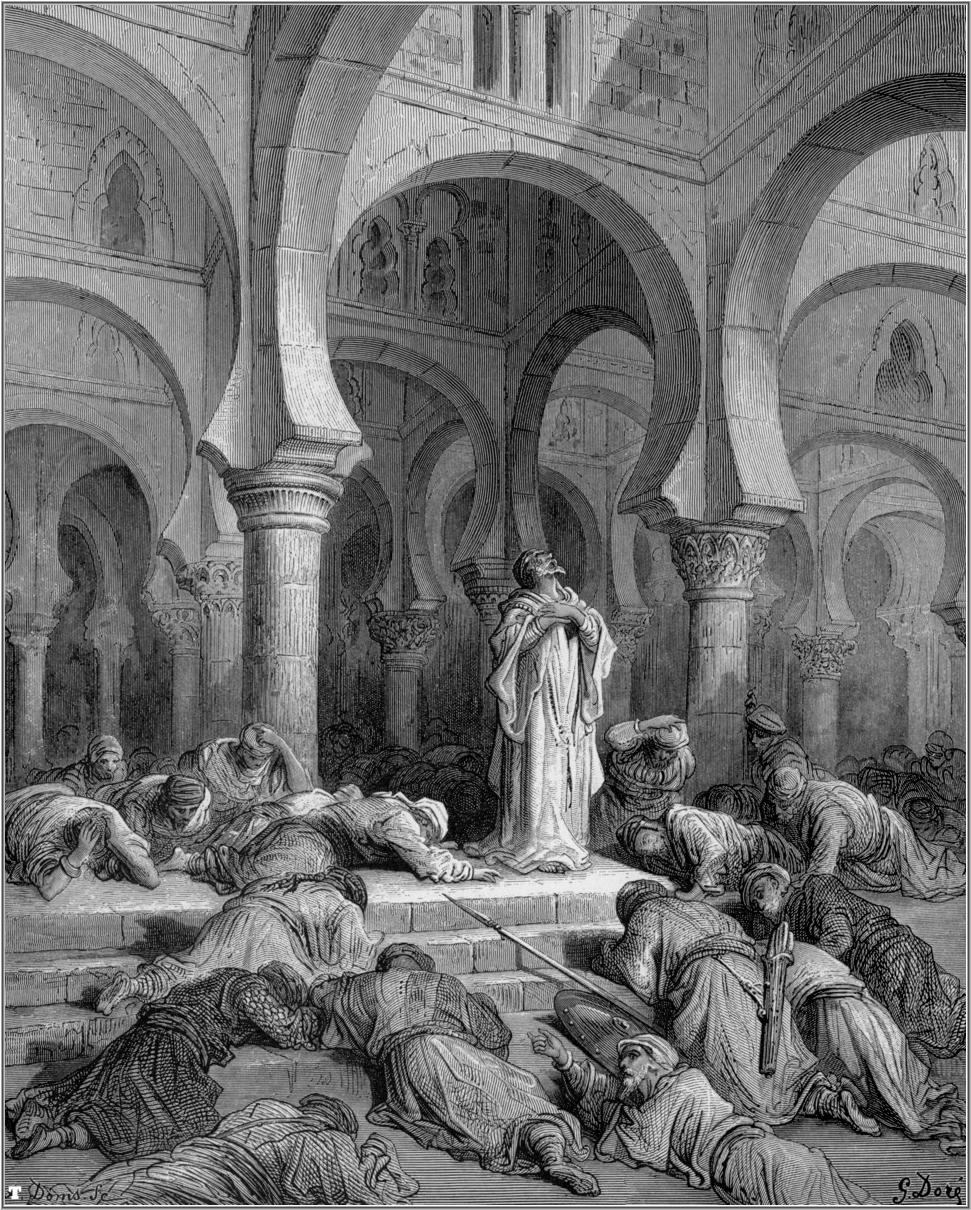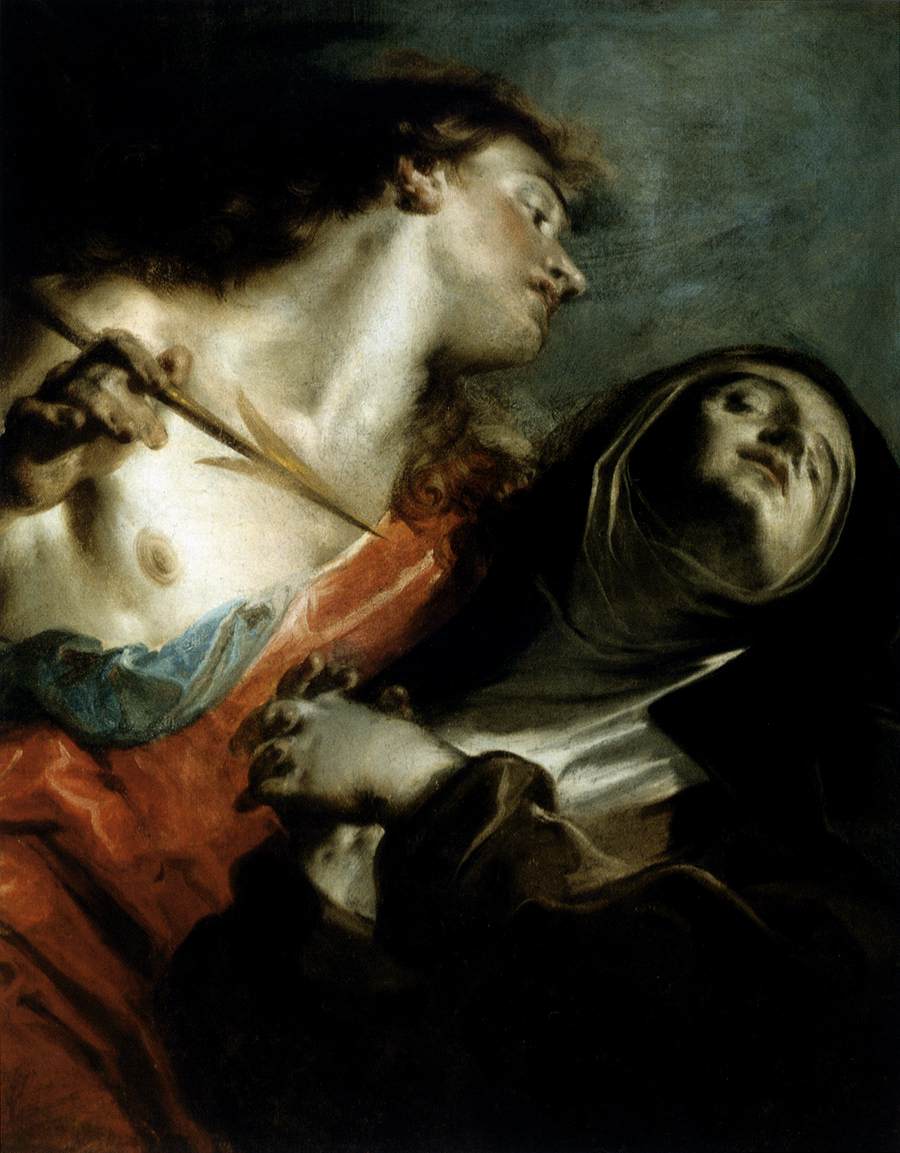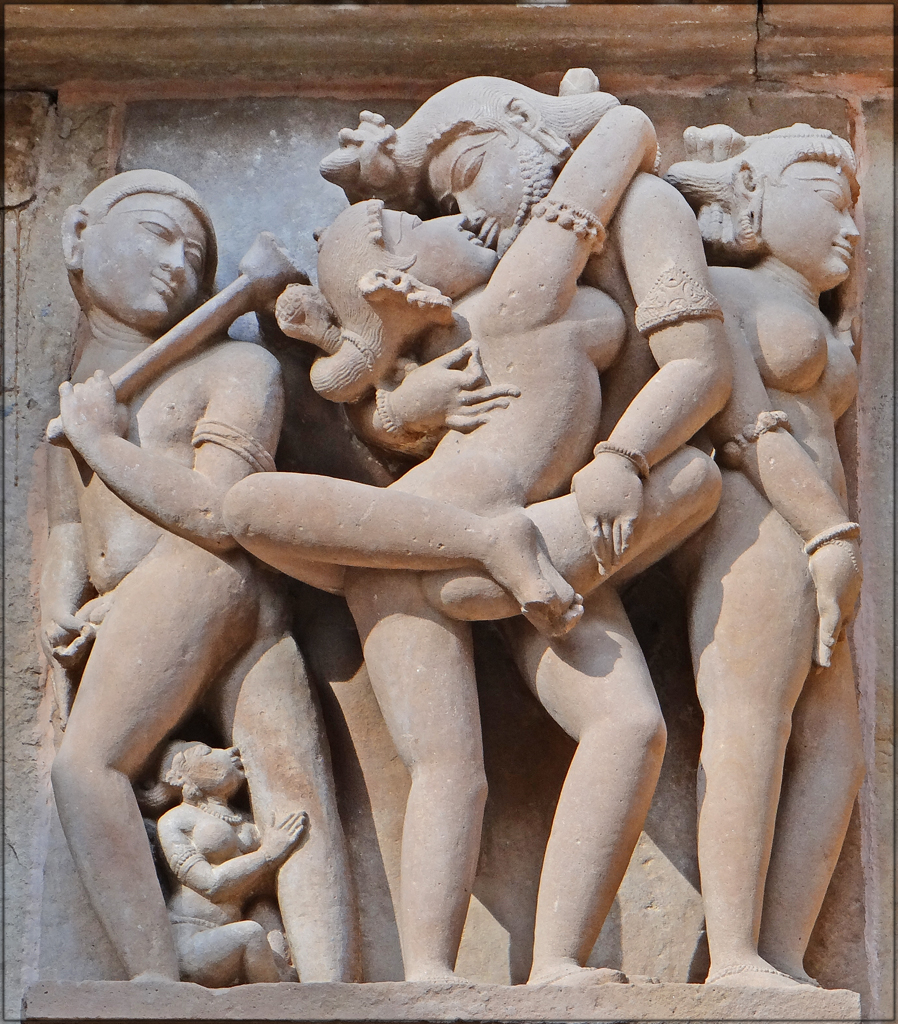|
Rites Of Eleusis (Crowley)
The Rites of Eleusis were a series of seven public invocations or rites written by British occultist Aleister Crowley, each centered on one of the seven classical planets of antiquity. They were dramatically performed by Aleister Crowley, Leila Waddell (Laylah), and Victor Benjamin Neuburg in October and November, 1910, at Caxton Hall, London. This act brought Crowley's occult organization the A∴A∴ into the public eye. The Rites The names of the seven Rites are ''The Rite of'' "Saturn", "Jupiter", "Mars", "Sol", "Venus", "Mercury" and "Luna". Crowley claimed that the ''Rites'' were designed to inspire the audience with ' religious ecstasy', and that merely reading them would help people "cultivate their highest faculties". Some in the popular press thought otherwise, and considered the ''Rites'' an immoral display, riddled with 'blasphemy and erotic Eroticism () is a quality that causes sexual feelings, as well as a philosophical contemplation concerning the aesthetic ... [...More Info...] [...Related Items...] OR: [Wikipedia] [Google] [Baidu] |
Leila Waddell
Leila Ida Nerissa Bathurst Waddell, also known as Laylah, (10 August 1880 – 13 September 1932), born Leila Ida Bathurst Waddell, was a violinist who became a famed Scarlet Woman of Aleister Crowley, and a powerful historical figure in magick and Thelema in her own right. While biographer Toby Creswell posited that Leila was part- Maori,. he provides no evidence of this; in fact NSW birth deaths and marriages records show she was the granddaughter of John Crane (Coventry, England) and Janet McKenzie (Fort William, Inverness-shire, Scotland) and John Waddell and Elizabeth McAnally (both of County Monaghan, Ireland). Musician Leila Ida Bathurst Waddell was born in Bathurst, New South Wales, the daughter of Mr. and Mrs. David Waddell. She began her professional career as a violin teacher at Presbyterian Ladies College, Croydon, and Ascham and Kambala schools. In 1908, Waddell was a member of the gypsy band in ''A Waltz Dream'' at Daly's London Theatre. It was while in Londo ... [...More Info...] [...Related Items...] OR: [Wikipedia] [Google] [Baidu] |
Invocation
An invocation (from the Latin verb ''invocare'' "to call on, invoke, to give") may take the form of: *Supplication, prayer or spell. *A form of possession. *Command or conjuration. *Self-identification with certain spirits. These forms are described below, but are not mutually exclusive. See also Theurgy. Supplication or prayer As a supplication or prayer, an invocation implies calling upon God, a god, goddess, or person. When a person calls upon God, a god, or goddess to ask for something (protection, a favour, or his/her spiritual presence in a ceremony) or simply for worship, this can be done in a pre-established form or with the invoker's own words or actions. An example of a pre-established text for an invocation is the Lord's Prayer. All religions in general use invoking prayers, liturgies, or hymns; see for example the mantras in Hinduism and Buddhism, the Egyptian ''Coming Out by Day'' (aka ''Book of the Dead''), the Orphic Hymns and the many texts, still prese ... [...More Info...] [...Related Items...] OR: [Wikipedia] [Google] [Baidu] |
Rituals
A ritual is a sequence of activities involving gestures, words, actions, or objects, performed according to a set sequence. Rituals may be prescribed by the traditions of a community, including a religious community. Rituals are characterized, but not defined, by formalism, traditionalism, invariance, rule-governance, sacral symbolism, and performance. Rituals are a feature of all known human societies. They include not only the worship rites and sacraments of organized religions and cults, but also rites of passage, atonement and purification rites, oaths of allegiance, dedication ceremonies, coronations and presidential inaugurations, marriages, funerals and more. Even common actions like hand-shaking and saying "hello" may be termed as ''rituals''. The field of ritual studies has seen a number of conflicting definitions of the term. One given by Kyriakidis is that a ritual is an outsider's or " etic" category for a set activity (or set of actions) that, to the outsider, se ... [...More Info...] [...Related Items...] OR: [Wikipedia] [Google] [Baidu] |
Aleister Crowley
Aleister Crowley (; born Edward Alexander Crowley; 12 October 1875 – 1 December 1947) was an English occultist, ceremonial magician, poet, painter, novelist, and mountaineer. He founded the religion of Thelema, identifying himself as the prophet entrusted with guiding humanity into the Æon of Horus in the early 20th century. A prolific writer, he published widely over the course of his life. Born to a wealthy family in Royal Leamington Spa, Warwickshire, Crowley rejected his parents' fundamentalist Christian Plymouth Brethren faith to pursue an interest in Western esotericism. He was educated at Trinity College at the University of Cambridge, where he focused his attentions on mountaineering and poetry, resulting in several publications. Some biographers allege that here he was recruited into a British intelligence agency, further suggesting that he remained a spy throughout his life. In 1898, he joined the esoteric Hermetic Order of the Golden Dawn, where he was trained i ... [...More Info...] [...Related Items...] OR: [Wikipedia] [Google] [Baidu] |
Victor Benjamin Neuburg
The name Victor or Viktor may refer to: * Victor (name), including a list of people with the given name, mononym, or surname Arts and entertainment Film * ''Victor'' (1951 film), a French drama film * ''Victor'' (1993 film), a French short film * ''Victor'' (2008 film), a 2008 TV film about Canadian swimmer Victor Davis * ''Victor'' (2009 film), a French comedy * ''Victor'', a 2017 film about Victor Torres by Brandon Dickerson * ''Viktor'' (film), a 2014 Franco/Russian film Music * ''Victor'' (album), a 1996 album by Alex Lifeson * "Victor", a song from the 1979 album ''Eat to the Beat'' by Blondie Businesses * Victor Talking Machine Company, early 20th century American recording company, forerunner of RCA Records * Victor Company of Japan, usually known as JVC, a Japanese electronics corporation originally a subsidiary of the Victor Talking Machine Company ** Victor Entertainment, or JVCKenwood Victor Entertainment, a Japanese record label ** Victor Interactive So ... [...More Info...] [...Related Items...] OR: [Wikipedia] [Google] [Baidu] |
Caxton Hall
Caxton Hall is a building on the corner of Caxton Street and Palmer Street, in Westminster, London, England. It is a Grade II listed building primarily noted for its historical associations. It hosted many mainstream and fringe political and artistic events and after the Second World War was the most popular register office used by high society and celebrities who required a civil marriage. History of the structure Following a design competition set by the parishes of Westminster St Margaret and St John, St Margaret and St John, the chosen design was a proposal by William Lee and F.J. Smith in an ornate Francois I style using red brick and pink sandstone, with slate roofs. The foundation stone was laid by the philanthropist, Angela Burdett-Coutts, 1st Baroness Burdett-Coutts, Baroness Burdett-Coutts, on 29 March 1882. The facility, which contained two public halls known as the Great and York Halls, was opened as "Westminster Town Hall" in 1883. [...More Info...] [...Related Items...] OR: [Wikipedia] [Google] [Baidu] |
A∴A∴
The A∴A∴ ( ) is a magical organization described in 1907 by occultist Aleister Crowley. Its members are dedicated to the advancement of humanity by perfection of the individual on every plane through a graded series of universal initiations. Its initiations are syncretic, unifying the essence of Theravada Buddhism with Vedantic yoga and ceremonial magic. The A ∴A∴ applies what it describes as mystical and magical methods of spiritual attainment under the structure of the Qabalistic Tree of Life, and aims to research, practise, and teach "scientific illuminism". A∴A∴ is often held to stand for Argenteum Astrum, which is Latin for Silver Star, however, see section on ''Name'' below. History The A∴A∴ claims to have been present in all societies and epochs, although not necessarily under that name.''The Equinox'' Volume 1 No 1 The A∴A∴ is composed of two orders, known as the inner and outer college. The outer college in its modern form was formulated in 190 ... [...More Info...] [...Related Items...] OR: [Wikipedia] [Google] [Baidu] |
Religious Ecstasy
Religious ecstasy is a type of altered state of consciousness characterized by greatly reduced external awareness and expanded interior mental and spiritual awareness, frequently accompanied by visions and emotional (and sometimes physical) euphoria. Although the experience is usually brief in time, there are records of such experiences lasting several days or even more, and of recurring experiences of ecstasy during one's lifetime. In Sufism, the term is referred to as '' wajad'' and the experience is referred to as either ''jazbah (jadbah o jedbah for Maghreb)'' or ''majzoobiyat''. Context The adjective "religious" means that the experience occurs in connection with religious activities or is interpreted in context of a religion. Journalist Marghanita Laski writes in her study "Ecstasy in Religious and Secular Experiences", first published in 1961: "Epithets are very often applied to mystical experiences including ecstasies without, apparently, any clear idea about the d ... [...More Info...] [...Related Items...] OR: [Wikipedia] [Google] [Baidu] |
Blasphemy
Blasphemy is a speech crime and religious crime usually defined as an utterance that shows contempt, disrespects or insults a deity, an object considered sacred or something considered inviolable. Some religions regard blasphemy as a religious crime, especially the Abrahamic religions, including the speaking the " sacred name" in Judaism and the "eternal sin" in Christianity. In the early history of the Church heresy received more attention than blasphemy because it was considered a more serious threat to Orthodoxy. Blasphemy was often regarded as an isolated offense wherein the faithful lapsed momentarily from the expected standard of conduct. When iconoclasm and the fundamental understanding of the sacred became more contentious matters during the Reformation, blasphemy was treated similar to heresy, and accusations of blasphemy were made not only against people who made off-the-cuff profane remarks while drunk, but against those types of persons who espoused unorthodox id ... [...More Info...] [...Related Items...] OR: [Wikipedia] [Google] [Baidu] |
Eroticism
Eroticism () is a quality that causes sexual feelings, as well as a philosophical contemplation concerning the aesthetics of sexual desire, sensuality, and romantic love. That quality may be found in any form of artwork, including painting, sculpture, photography, drama, film, music, or literature. It may also be found in advertising. The term may also refer to a state of sexual arousal or anticipation of such – an insistent sexual impulse, desire, or pattern of thoughts. As French novelist Honoré de Balzac stated, eroticism is dependent not just upon an individual's sexual morality, but also the culture and time in which an individual resides. Definitions Because the nature of what is erotic is fluid, early definitions of the term attempted to conceive eroticism as some form of sensual or romantic love or as the human sex drive (libido); for example, the ''Encyclopédie'' of 1755 states that the erotic "is an epithet which is applied to everything with a connection to the lov ... [...More Info...] [...Related Items...] OR: [Wikipedia] [Google] [Baidu] |
Magick (Book 4)
''Magick, Liber ABA, Book 4'' is widely considered to be the ''magnum opus'' of 20th-century occultist Aleister Crowley, the founder of Thelema. It is a lengthy treatise on magick, his system of Western occult practice, synthesised from many sources, including Eastern Yoga, Hermeticism, medieval grimoires, contemporary magical theories from writers like Eliphas Levi and Helena Blavatsky, and his own original contributions. It consists of four parts: Mysticism, Magick (Elementary Theory), Magick in Theory and Practice, and ΘΕΛΗΜΑ—the Law (The Equinox of The Gods). It also includes numerous appendices presenting many rituals and explicatory papers. In November 1911, Crowley carried out a ritual during which he reports being commanded to write ''Book 4'' by a discarnate entity named "Abuldiz" (sometimes spelled "Ab-ul-diz") in Crowley's incomplete record of the working, which came around the time that ''Liber Legis'' was ready to be published in ''The Equinox'' No VII. The ... [...More Info...] [...Related Items...] OR: [Wikipedia] [Google] [Baidu] |






